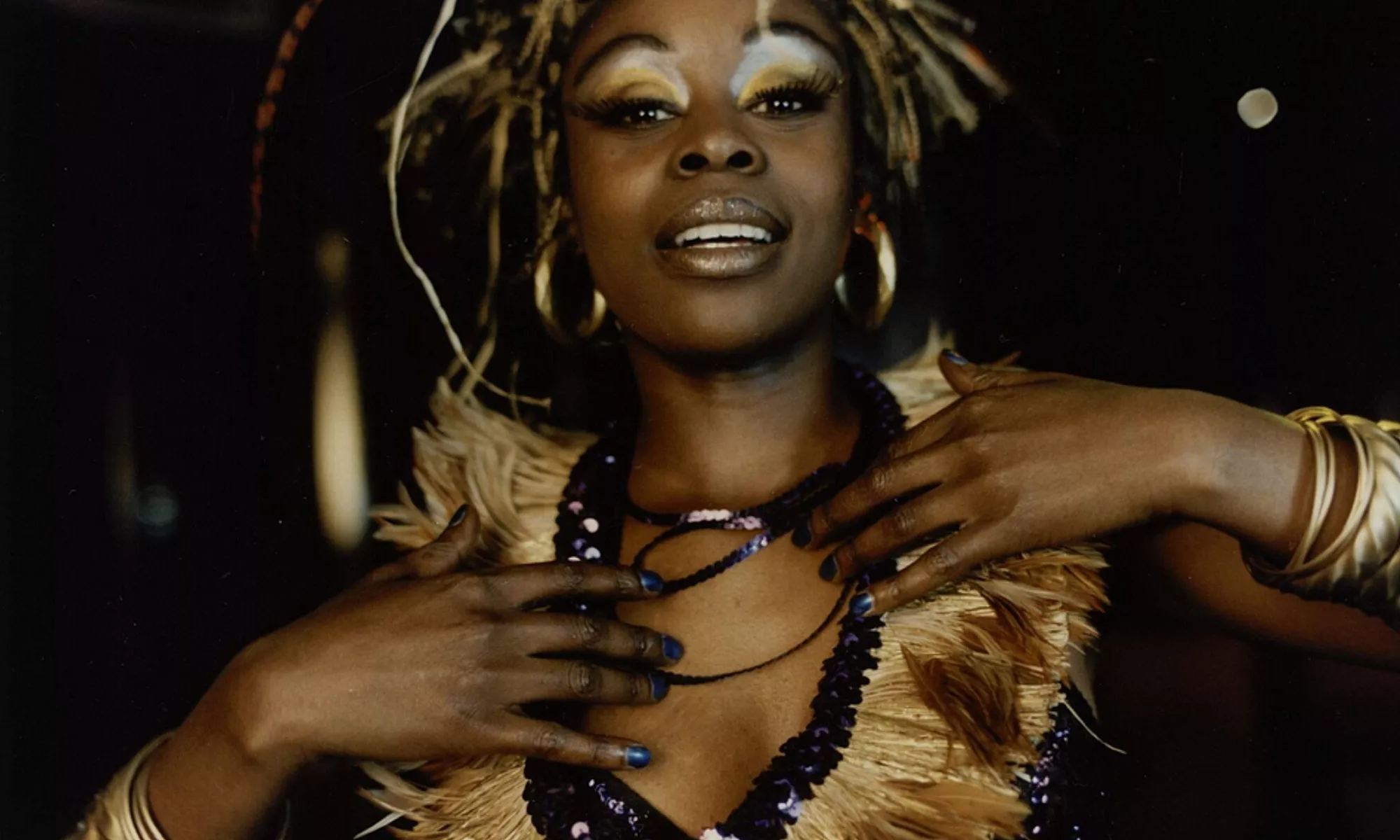
Pièces d'Identités
12A
The Congolese Community of Leeds is excited to invite you to a special event featuring the acclaimed film Pièces d'Identités. This gathering is a wonderful opportunity for us to come together, enjoy a thought-provoking film, and engage in meaningful discussions about identity and belonging.
Pièces d'Identités tells the touching and humorous story of Mani Kongo, the esteemed King of the Bakongo. Determined to find his long-lost daughter, Mwana, he travels to Belgium, adorned in full regalia and carrying his dignity with pride. However, upon his arrival, he encounters a society that neither recognizes his royal status nor respects his humanity.
King Mani Kongo's journey in Belgium exposes him to the diverse realities of the black diaspora and the deep-seated prejudices within European society. Despite these challenges, he discovers genuine friendships among the poor, low-class whites, illustrating that humanity transcends racial and social divides.
Why You Should Attend:
• Community Engagement: Meet and connect with fellow community members in a warm and welcoming setting.
• Insightful Discussion: Participate in a post-screening discussion to explore key issues of identity, cultural intersection, and the immigrant experience.
• Cultural Reflection: Reflect on the film’s portrayal of the black diaspora and the universal quest for identity and belonging.
The Congolese Community of Leeds is dedicated to helping Congolese people integrate into life in Leeds. We host important community discussions, sports events, film screenings, and many other activities to support our members and foster a strong, connected community.
Join us for this enriching event that celebrates African heritage and fosters a deeper understanding of our shared human experience.
Free food will be available after the screening.
Tickets are just £5 for adults and £3 for children.
Details
“The style is alert, and the tone of the film tinged with humour and poetry.”
Africultures
“Among the film’s many charms is its verite depiction of emigre life in Europe; Ngangura lovingly shows the exuberance, hope, despair, and cultural disjunction of the African quarter, where the proud king encounters an assortment of earnest students, petty thieves, racist club owners, and African nationalists.”
Chicago Reader